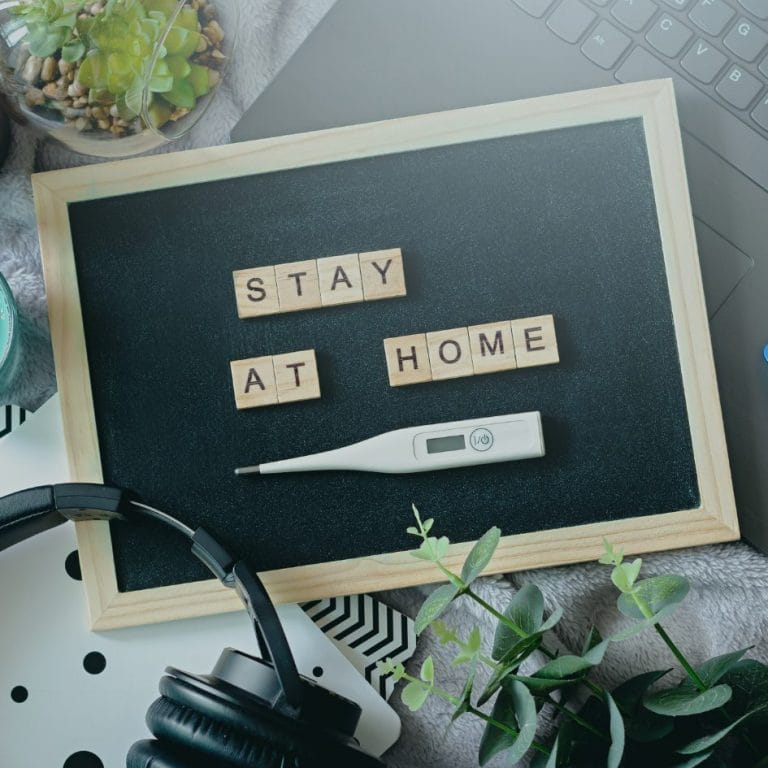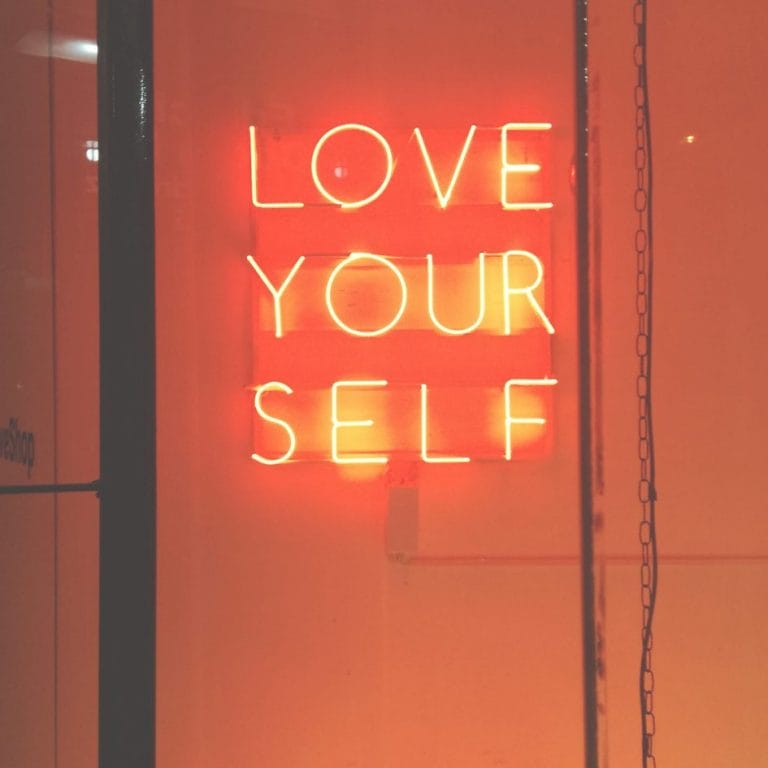
Surviving Quarantine: Taking Care of Your Mental Health During COVID-19
The past few weeks have been anything but easy. News about the Coronavirus and the major changes to our daily lives have left many anxious, stressed, and overwhelmed. As humans, we thrive on certainty and a sense of control, and when that’s disrupted, it’s natural to feel unsettled. It’s important to remember that while our minds and bodies may go into survival mode, prolonged stress and anxiety can take a toll on our overall well-being. That’s why managing your mental health during this time is critical.
The Root of Anxiety in Uncertain Times
Much of the anxiety people are experiencing stems from a feeling of helplessness—especially when it comes to things we cannot control, like the COVID-19 pandemic. Whether it’s concerns about health, finances, or the future, this sense of uncertainty can weigh heavily on us. You might notice increased feelings of sadness, frustration, or even numbness. If you already struggle with anxiety or depression, these feelings might become more intense. Knowing you are not alone and support is available is essential.
While the situation may feel overwhelming, it’s essential to understand that we still have control over how we respond. Here are some practical steps to help take care of your mental health during this challenging time:
1. Focus on What You Can Control
We cannot control things like how long this pandemic will last, how others react, or the global impact of the virus. Trying to control the uncontrollable only heightens anxiety. Instead, focus on what is within your power:
- Wash your hands frequently and encourage others to do the same.
- Maintain a balanced diet and take vitamins to support your immune system.
- Limit your exposure to news and social media, which can often amplify fear. Take breaks from the constant influx of information.
- Engage in activities at home that bring you joy—a creative project, cooking, or reading a good book.
2. Create Your Sense of Safety
Everyone’s definition of feeling safe may look different, and it’s important not to compare yourself to others. Do what feels best for you. Whether that means practicing social distancing or connecting with loved ones virtually, prioritize your sense of well-being. Self-care is highly personal, so take steps to feel grounded and protected.
3. Get Outside (While Social Distancing)
Even in small doses, spending time outdoors can work wonders for your mental health. Take a walk in your neighborhood, soak up some sunlight, and get a healthy dose of vitamin D. Fresh air and gentle movement, like walking or stretching, can calm your body and mind. Enjoy this time with your partner or family members for some quality connection.
4. Practice Mindfulness
During times of anxiety, it’s easy to get caught up in worrying about the future. Practicing mindfulness can help you stay grounded and focused on the present. If you find yourself spiraling into “what-ifs,” take a moment to focus on your immediate surroundings. Tune into the sights, sounds, and sensations around you. Use your breathing to anchor yourself, slow down your thoughts, and remind yourself of what is within your control. Mindfulness exercises can help bring a sense of calm when everything feels uncertain.
5. Stay Connected and Reach Out for Support
Even though physical distancing is essential, emotional connection is still vital. Talk to trusted friends or family about how you’re feeling. If anxiety or mental health struggles are becoming overwhelming, don’t hesitate to reach out to a mental health professional. Talking to someone can provide relief and help you navigate these challenging times with more clarity and support.
Remember, help is available; you don’t have to go through this alone. Our practice is here to support you through video therapy sessions. You can schedule a session online to receive the care you need from the comfort of your home. If you’re feeling isolated or overwhelmed, you can also reach out to The Crisis Text Line by texting TALK to 741741 or contact the National Suicide Prevention Lifeline at 1-800-273-TALK.
Taking care of your mental health is as important as protecting your physical health during this time. We are in this together, and there are resources available to help you manage stress and anxiety.
Stay connected, stay mindful, and take care of yourself.
For more information on prioritizing your emotional well-being, explore our resources on mental health support.






